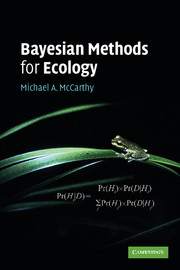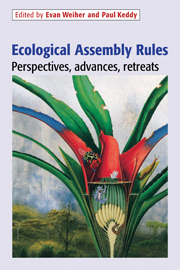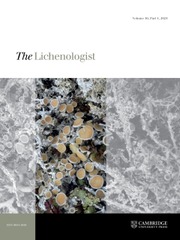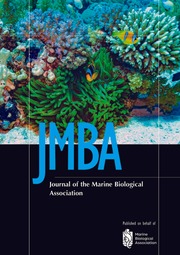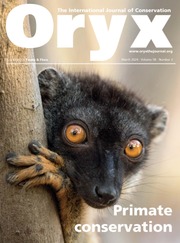Bayesian Methods for Ecology
The interest in using Bayesian methods in ecology is increasing, however many ecologists have difficulty with conducting the required analyses. McCarthy bridges that gap, using a clear and accessible style. The text also incorporates case studies to demonstrate mark-recapture analysis, development of population models and the use of subjective judgement. The advantages of Bayesian methods, are also described here, for example, the incorporation of any relevant prior information and the ability to assess the evidence in favour of competing hypotheses. Free software is available as well as an accompanying web-site containing the data files and WinBUGS codes. Bayesian Methods for Ecology will appeal to academic researchers, upper undergraduate and graduate students of Ecology.
- Describes the basics of Bayesian statistical methods in an easily accessible style
- A diversity of analyses that are typically conducted by ecologists are described
- Free computer program and data files allowing reader to replicate the results in the book and modify the examples to their own data. Website addresses: http://mathstat.helsinki.fi/openbugs/ and http://arcue.botany.unimelb.edu.au/bayes.html
Product details
No date availablePaperback
9780521615594
312 pages
226 × 150 × 18 mm
0.48kg
47 b/w illus. 8 tables
Table of Contents
- 1. Introduction
- 2. Critiques of statistical methods
- 3. Analysing averages and frequencies
- 4. How good are the models?
- 5. Regression and correlation
- 6. Analysis of variance
- Case studies
- 7. Mark-recapture analysis
- 8. Effects of marking frogs
- 9. Population dynamics
- 10. Subjective priors
- 11. Conclusion
- Appendix A. A tutorial for running WinBUGS
- Appendix B. Probability distributions
- Appendix C. MCMC algorithms.

